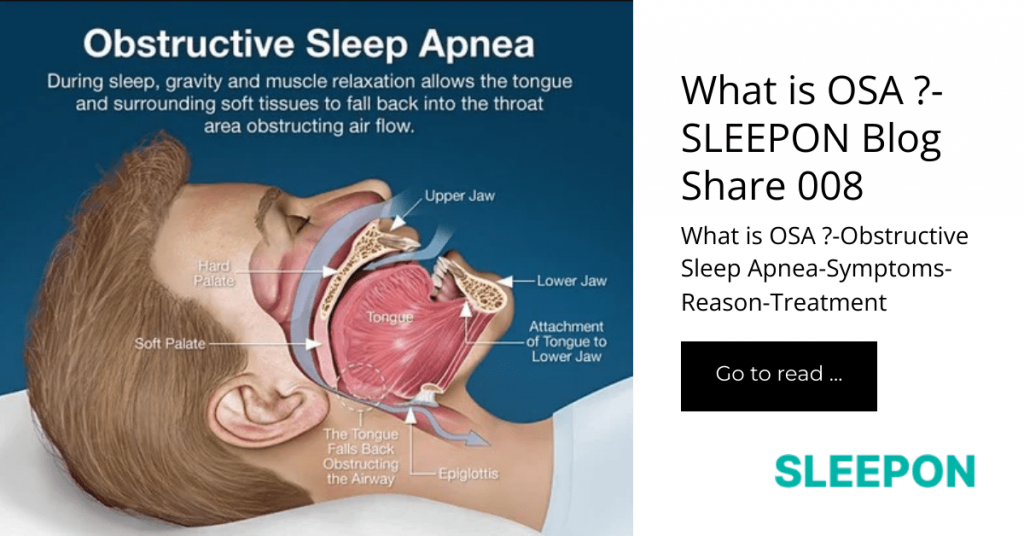This is the first time I’ve owned a device like this, so I didn’t really know what to expect, and it really can’t be adequately explained in the company literature. The “fitting” process is important, but hard to describe. I followed the directions as well as I could, and the result was just passable. Because the gel sets up permanently once the process is complete, you end up with a prosthetic that matches your teeth and gums, but feels very tight and foreign. When I put my mouth guard in place, it’s temporarily uncomfortable. However, within a minute, it feels better. The design keeps my mouth and tongue in the right position, and I can even doze off to sleep wearing it. I’ve had it long enough to feel that it is a good investment for me, and I now carry it with me, just in case I need it.
I have always used the expensive, dentist-made oral appliances, but I broke it just before a long trip. I ordered this. It came super quickly, was easy to fit, and it did not take long to adapt to it.
It functioned well on the trip.
All for less than 10% of the cost of my old one.
10 stars!
Fingertip holder seems to be more accurate than the ring, even though I really did love the ring. I'm glad that I picked up this holder.
It's comfortable and doesn't bother me when I sleep. I like it better than the ring. The instructions that came with it doesn't make sense. I couldn't find anything on the app to change to fingertip.













